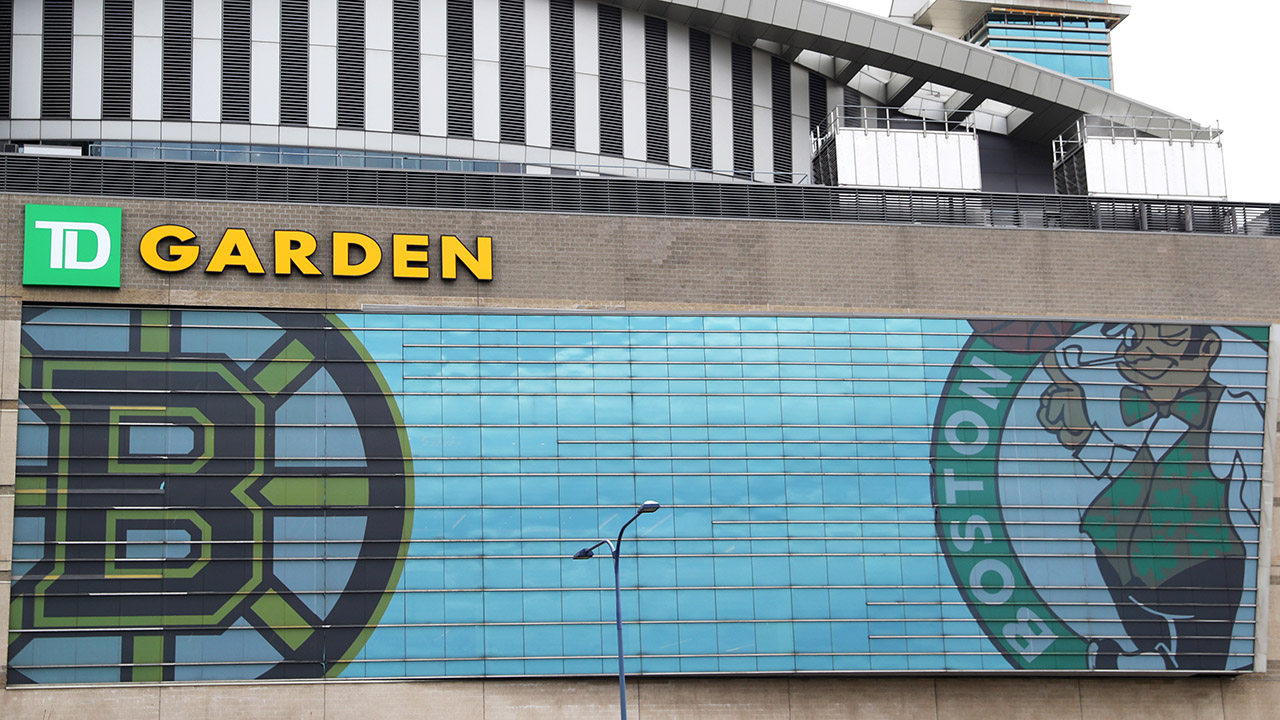(NECN: Peter Howe, Boston) Call it a symptom of what Massachusetts Secretary of State William F. Galvin predicts will be the highest-turnout gubernatorial election in 20 years: A last-minute blitz of TV and radio advertising, much of it funded by out-of-state interests.
"We're seeing a lot of late ads, and a lot of them are third-party ads from a number of sources,'' says Pamela Wilmot, executive director of Common Cause of Massachusetts, which fights for cleaner elections and transparency of who's funding campaigns. "A bunch of these ads are being run without disclosure of who the donors are.''
In the Bay State, many are from known sources -- just a few examples, the Democratic Congressional Campaign Committee's over $800,000 ad blitz hammering Repubican 10th district congressional candidate Jeff Perry; the $1.3 million backers of Republican Sean Bielat, many of them from outside Massachusetts, have put into Bielat's run blasting 4th district incumbent Barney Frank; and on Question 1 to repeal the new imposition of Massachusetts sales tax on beer, wine, and alcohol, industry interests have put over $1.2 million in Question 1 in just the last 10 days, $2.75 million since the campaign began.
While the industry has said the new "double tax" (sales tax on top of pre-existing excise taxes) is costing the industry sales and jobs and driving business to New Hampshire, Victor DiGravio, leading the campaign against Question 1, said, "They can't be hurting that much if they can afford to put $2.7 million into a political campaign ... There are companies writing $300,000, $400,000 checks to fund these advertisements -- I think it's important for people to know,'' said DiGravio, who estimates his campaign is being outfunded 20-1 by alcohol-industry groups.
P.J. Foster, a spokeswoman for the Yes on Question 1 campaign, said: "The donations to Question One have been made by package stores who are small and medium sized businesses and are trying to protect their market share and long term business interests against an onslaught by the state of New Hampshire. This is not about the spending in one political campaign cycle for them; it is about their long term viability as New Hampshire methodically goes after Massachusetts business, leveraging the opportunity that the new Massachusetts sales tax created for them.''
One way this campaign is better than the last time around: the Massachusetts ethics-reform law of 2009 took on so-called "electioneering" ads, in which groups praise -- or trash -- a candidate without specifically urging hearers to "vote" for or against or "elect" the person or his or her opponent. As a result of the 2009 law, groups funding those ads now have to disclose their spending, something that helped make clear how much money the Republican Governors Association was putting into assailing third-party gubernatorial candidate Tim Cahill, the ex-Democrat state treasurer and receiver general.
At the same time, though, this is the first election since the U.S. Supreme Court's "Citzens United" ruling that re-opened the door to corporations -- along with unions -- spending directly on ads urging voters to vote for or against a specific candidate. For nearly 100 years, companies in particular were restricted in their leeway to spend money on campaigns devoted specifically to a vote for or against a named candidate.
Local
With more ads than ever, Pam Wilmot says old advice is more valid than ever: Before you vote, study a lot more than just these ads. "The media's done a decent job at times of evaluating these ads, but not all of them are true,'' Wilmot said. "I think buyer beware, voter beware, be skeptical, think about it before you take as gospel what you see on these ads.''
With videographer Nick Saragosa



